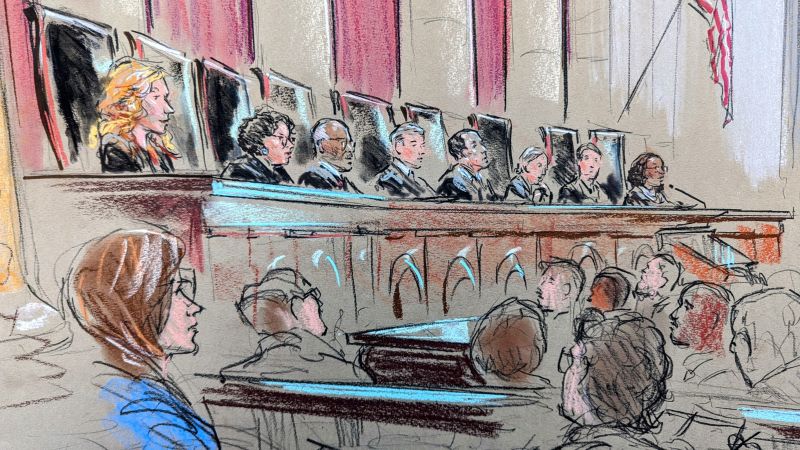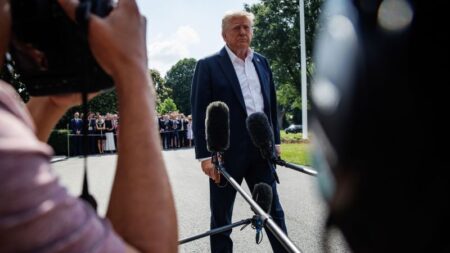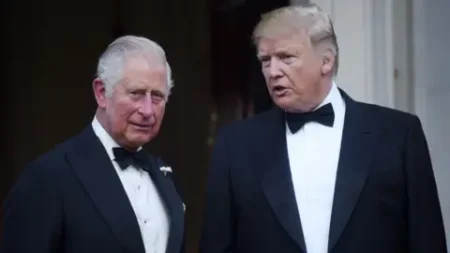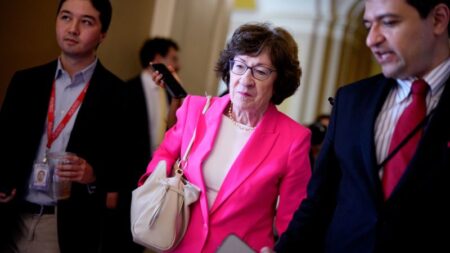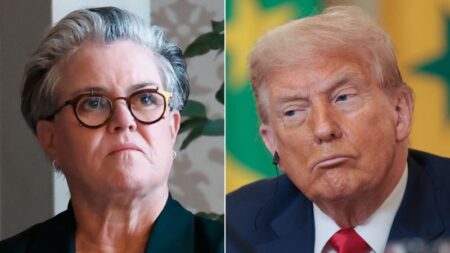The Supreme Court’s landmark decision on Monday granted former President Donald Trump partial immunity from the election subversion case brought by special counsel Jack Smith, giving Trump a significant win in his reelection bid. The 6-3 ruling, while allowing Smith to continue the prosecution process, left many technical questions unanswered, making it unlikely that a trial will occur before the November election. Chief Justice John Roberts, writing for the conservative majority, stated, “The president is not above the law,” but also emphasized that Congress cannot criminalize a president’s conduct related to the execution of executive branch responsibilities under the Constitution.
The case now returns to lower courts, where the specific actions taken by Trump to overturn the 2020 election results will be reviewed to determine if they are covered by immunity. The lower courts will have to navigate what actions constitute official versus private, potentially leading to added delays in the legal process. The decision also limited the use of official acts as evidence in a potential trial, making it more challenging for Smith to secure a conviction.
Justice Sonia Sotomayor, joined by the other liberal justices, strongly dissented against the majority opinion, criticizing the decision for granting the president extensive immunity and potentially setting dangerous precedents for future administrations. Justice Ketanji Brown Jackson also dissented, calling the ruling “new and dangerous.” Justice Amy Coney Barrett, in a brief concurrence, expressed frustration with the delays caused by sending the case back to lower courts, hinting that the trial should proceed promptly.
Conservative Justice Clarence Thomas raised concerns about the legality of Smith’s appointment as special counsel, in a move aligned with arguments presented by Trump’s defense team in another criminal case. Thomas questioned whether Attorney General Merrick Garland violated the Constitution with Smith’s appointment, suggesting that these questions must be addressed before the prosecution can move forward.
Overall, the Supreme Court’s decision, while providing Trump with immunity in certain instances, has sparked intense debate and criticism from the liberal justices. The case highlights the complex intersection of presidential powers, legal immunity, and accountability.





